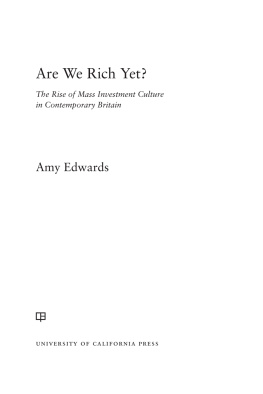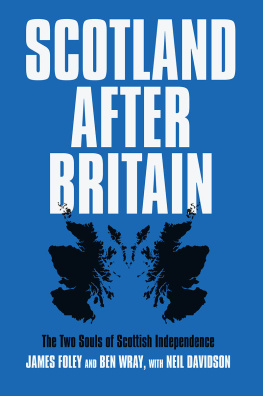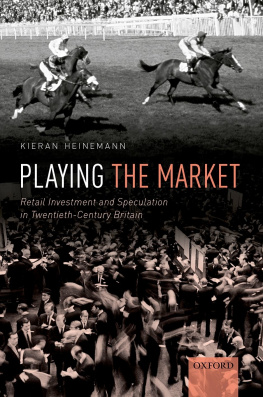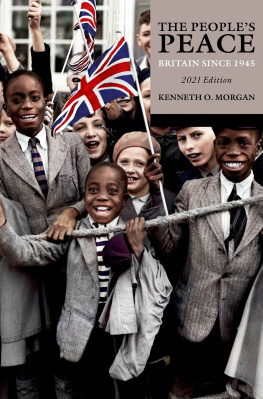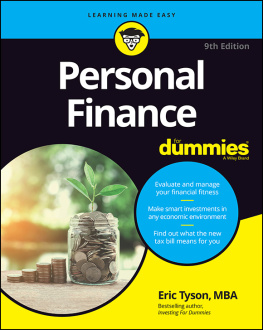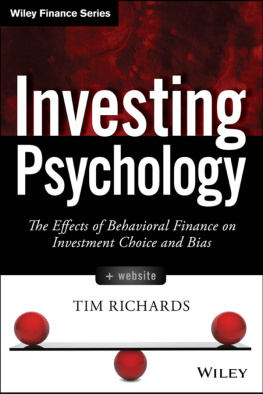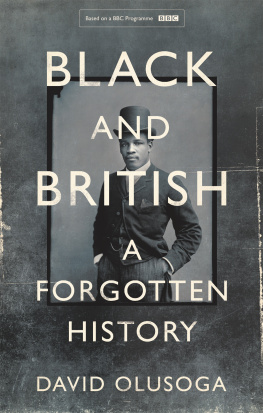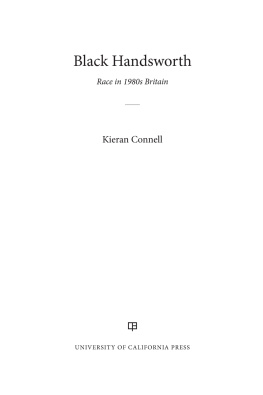Are We Rich Yet?
BERKELEY SERIES IN BRITISH STUDIES
Edited by James Vernon
The Peculiarities of Liberal Modernity in Imperial Britain, edited by Simon Gunn and James Vernon
Dilemmas of Decline: British Intellectuals and World Politics, 19451975, by Ian Hall
The Savage Visit: New World People and Popular Imperial Culture in Britain, 17101795, by Kate Fullagar
The Afterlife of Empire, by Jordanna Bailkin
Smyrnas Ashes: Humanitarianism, Genocide, and the Birth of the Middle East, by Michelle Tusan
Pathological Bodies: Medicine and Political Culture, by Corinna Wagner
A Problem of Great Importance: Population, Race, and Power in the British Empire, 19181973, by Karl Ittmann
Liberalism in Empire: An Alternative History, by Andrew Sartori
Distant Strangers: How Britain Became Modern, by James Vernon
Edmund Burke and the Conservative Logic of Empire, by Daniel I. ONeill
Governing Systems: Modernity and the Making of Public Health in England, 18301910, by Tom Crook
Barbed-Wire Imperialism: Britains Empire of Camps, 19761903, by Aidan Forth
Aging in Twentieth-Century Britain, by Charlotte Greenhalgh
Thinking Black: Britain, 19641985, by Rob Waters
Black Handsworth: Race in 1980s Britain, by Kieran Connell
Last Weapons: Hunger Strikes and Fasts in the British Empire, 18901948, by Kevin Grant
Serving a Wired World: Londons Telecommunications Workers and the Making of an Information Capital, by Katie Hindmarch-Watson
Imperial Encore: The Cultural Project of the Late British Empire, by Caroline Ritter
Saving the Children: Humanitarianism, Internationalism, and Empire, by Emily Baughan
Cooperative Rule: Community Development in Britains Late Empire, by Aaron Windel
Are We Rich Yet? The Rise of Mass Investment Culture in Contemporary Britain, by Amy Edwards
Are We Rich Yet?
The Rise of Mass Investment Culture in Contemporary Britain
Amy Edwards

UNIVERSITY OF CALIFORNIA PRESS
University of California Press
Oakland, California
2022 by Amy Edwards
Library of Congress Cataloging-in-Publication Data
Names: Edwards, Amy, 1989- author.
Title: Are we rich yet? : the rise of mass investment culture in contemporary Britain / Amy Edwards.
Other titles: Berkeley series in British studies ; 21.
Description: Oakland, California : University of California Press, [2022] | Series: Berkeley series in british studies ; 21 | Includes bibliographical references and index.
Identifiers: LCCN 2021056651 (print) | LCCN 2021056652 (ebook) | ISBN 9780520385467 (cloth) | ISBN 9780520385474 (epub)
Subjects: LCSH: InvestmentsGreat Britain20th century. | FinanceGreat Britain20th century. | CapitalismGreat Britain20th century. | Financial institutionsGreat Britain20th century. | Great BritainEconomic conditions20th century. | BISAC: HISTORY / Europe / Great Britain / 20th Century | BUSINESS & ECONOMICS / Corporate & Business History
Classification: LCC HG5432 .E39 2022 (print) | LCC HG5432 (ebook) | DDC 332.60941dc23/eng/20220107
LC record available at https://lccn.loc.gov/2021056651
LC ebook record available at https://lccn.loc.gov/2021056652
[Manufactured in the United States of America]
31 30 29 28 27 26 25 24 23 22
10 9 8 7 6 5 4 3 2 1
For mum and dad, because the eighties made you.
Contents
Illustrations
FIGURES
and 12.
MAP
Acknowledgments
Are We Rich Yet? started life as an MA dissertation ten years ago. It morphed into a PhD thesis, before becoming a very crude book proposal, and then, finally, an actual book. A decade is a long time, and I cant really begin to wrap my head around all the ways that this project, my life, and the world has changed since I started down this path (a decision that came thanks mainly to the encouragement of Chris Grocott, my undergraduate dissertation supervisor). Both this books journey and my own have been shaped by so many big favors and small acts of kindness, missed opportunities, strange coincidences, lucky breaks, chance encounters, and everything else in between. There are too many people to thank, so many experiences I am grateful for, and I wish I were a more poetic writer so that I could do this next bit more justice. But here goes ...
Some poor souls found themselves more wrapped up in this book project than others. The first two that come to mind are my former PhD supervisors Matthew Hilton and Gavin Schaffer. Between them they offered the perfect balance of moral support, academic critique, and intellectual encouragement. They taught me how to be a historian (along with who Dylan Thomas and Gordon the Gopher were), figured out before I did the value of the phrase financial consumerism, and helped me to find my politics. For both this book and my career I owe them everything. I should also probably mention the painful football matches that they watched with me (along with Matthew Wolves ay we Francis), showing their support for more than just my academic life. I would also like to thank Stephen Brooke who, along with Chris Moores, had the dubious task of examining my thesis. Their generous comments at that time helped me transform a typo-ridden PhD into something that could pass muster as the basis of an academic monograph.
The other person without whom this book would not have been possible is James Vernon, my editor at UCP. As I made the transition out of my PhD and into the ominous category of ECR, I realized that I had no idea how to turn my thesis into a monograph. Not many people get to have an editor who is so willing to read work and step into the role of mentor. James was unfailing in his patience when drafts were overdue, encouragement when it felt like progress was taking forever, and excitement when I hit various milestones. I cannot think of a better first experience of publishing a book, and that is entirely down to James and his team at UCP, including Naja Pulliam Collins, Niels Hooper, Kate Warne, Teresa Iafolla, Katryce Lassle, Jon Dertien, and Gary J. Hamel. I am also hugely indebted to the two reviewers who agreed to read the work during a global pandemic. Although I am thankful to both in equal measure, because she identified herself, I am able to mention Helen McCarthy by name.
I found a home in two History Departments over the last ten years. During my time as a PhD student at the University of Birmingham, I was able to get involved with the exciting task of growing the Centre for Modern British Studies with brilliant friends and colleagues like Daisy Payling, Saima Nasar, Eliana Hadjisavvas, Matthew Francis, Chris Moores, Kieran Connell, Kate Smith, Jamie Perry, Kevin OSullivan, Matt Houlbrook and many more besides. Thanks for the invaluable conversations, book loans, Orchard Learning Centre library marathons, 1980s-based facts, pub-based reading groups, and general comradery that got me through the PhD. Thanks also to the wonderful Nik Funke and Ruth Atherton for patiently sharing an office space with me during my year as a Teaching Fellow. My time as an undergraduate, MA, and PhD student in Birmingham left an indelible mark on me as well as on the research that forms the foundation of this book. I love the city and so many of the people that I met there during eight years of my life that proved foundational in countless ways.
Likewise, I have been fortunate enough to work alongside a fantastic group of colleagues since I joined the History Department at the University of Bristol almost six years ago. Josie McLellan stepped into the role of informal mentor after being part of the panel of people who gave me a job in the first place. Hugh Pemberton (who also bears some of the blame for my being hired) has proved an invaluable sounding board for ideas old and new, particularly given his expertise in all things Thatcher and finance. During the first two years I spent commuting to the city, Marianna Dudley, Grace Huxford, John Morgan, Hannah Charnock, James Freeman, Jane Freeland, Brendan, and Gizmo all kindly hosted me in spare rooms and on sofa beds so that I could avoid 5 a.m. starts. Most of them were also subjected to draft bits of this book, along with Andy Flack, Julio Decker, Will Pooley, Cat Rutter Pooley (who cast her expert eye over a full draft of the thing while pregnant!), Sim Koole and James Thompson. Their immeasurable talent as writers, researchers, and historians undoubtedly changed this book for the better.

